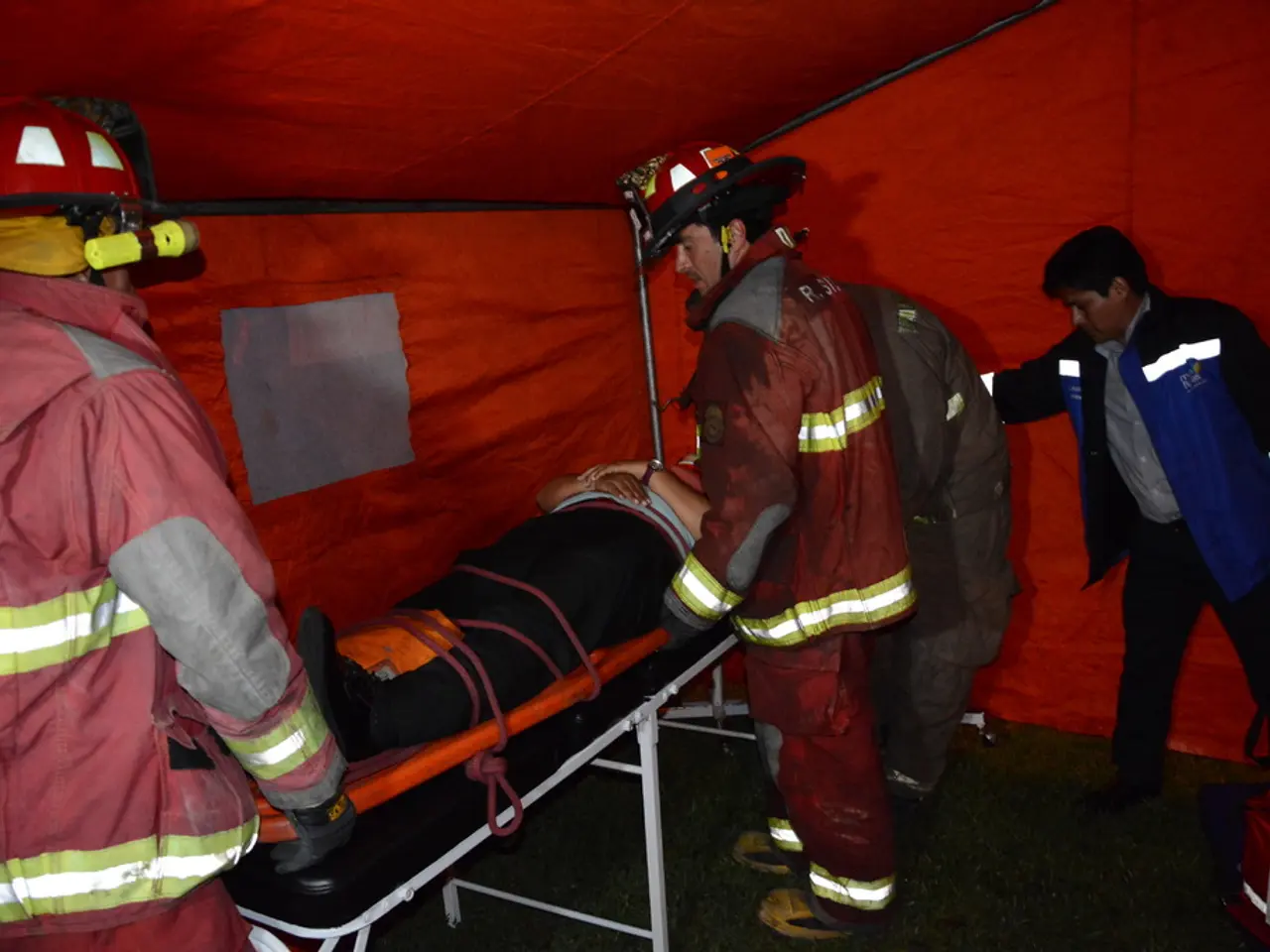Instant carer benefits now available: prompt assistance for caretakers
Changes to Short-Term and Respite Care Regulations in Germany, Starting July 1, 2025
Starting next year, significant changes are coming to the short-term and respite care regulations in Germany. These changes aim to simplify the support structure for informal caregivers and make respite care more accessible and flexible.
Unification of Benefit Amounts
The previously separate benefit amounts for short-term and respite care will be unified into a single amount per care recipient. This means caregivers no longer have to navigate complex separate budgets for different temporary care types.
Increased Maximum Duration
The maximum allowable duration of short-term and respite care per year will be extended, allowing caregivers more flexibility and longer breaks. The maximum duration of respite care will be increased from six to eight weeks per year.
Changes in Eligibility Criteria
Eligibility requirements for accessing short-term and respite care benefits will be updated, potentially broadening the scope of who qualifies. Caregivers will be eligible for respite care immediately upon recognition of care levels 2 to 5, and the requirement of caring for at least six months to be eligible for respite care will no longer apply.
Flexible Annual Amount
Starting July 1, 2025, the regulations for short-term and respite care in Germany will be combined into a flexible annual amount. The new flexible annual amount for care in Germany is up to 3,539 euros.
Care Insurance Coverage
The care insurance in Germany covers the costs for a substitute who takes over the care during a temporary absence or break of the primary caregiver. This includes the costs for accommodation in a care home, under certain conditions, and the costs for a care substitute.
Information and Explanations
For more information and explanations about these changes, you can contact the German Social Association (SoVD) in Gifhorn. They have explained the changes coming in 2025 for short-term and respite care in a press release and can be reached by phone at 05371 3685 or by email at [email protected].
These changes aim to recognise the growing demand for caregiver relief in the German long-term care system and provide a more flexible and accessible approach to short-term and respite care. For exact figures or legal references, consulting the German Federal Ministry of Health or official German social care legislation updates would provide the most authoritative resource.
- To support the well-being of caregivers, workplace-wellness programs could integrate science-based health-and-wellness practices, such as fitness-and-exercise routines and stress-management therapies-and-treatments.
- The integration of specific fitness-and-exercise regimens into respite care facilities could potentially enhance the health-and-wellness of both caregivers and recipients during temporary absences.
- In the context of short-term care reforms, policymakers might consider championing science-led health-and-wellness policies, aiming to improve the quality of life for care recipients and, in turn, alleviate the stress on informal caregivers.




